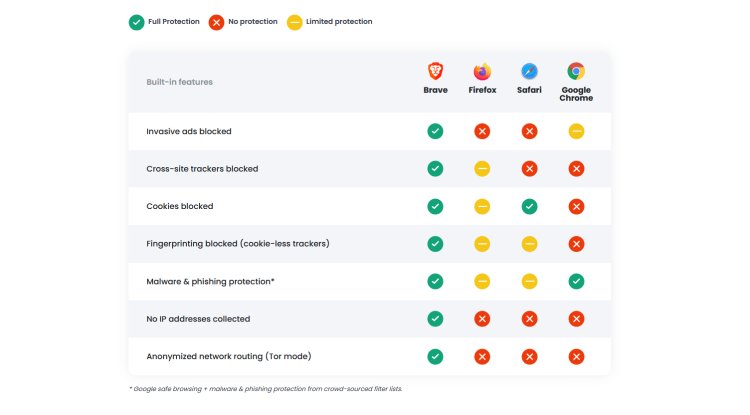The shortage of chips will continue until 2023
As Covid-19 spreads rapidly around the world and hopes of a speedy end to the pandemic fade into the distance, so does our hope for a quick end to the shortage of chips fade.

As the Omicron variant spreads rapidly around the world and hopes of a speedy end to the pandemic fades into the distance, so does our hope for a quick end to the widespread shortage of chips fade. Intel CEO Pat Gelsinger said in an interview that he does not expect the current chip shortage to ease before 2023.
Gelsinger's comments came during his business trip to Southeast Asia, where Intel announced a $ 7.1 billion investment to expand production in Malaysia. He announced even more Intel investments to come, saying:
" I expect to announce our next big location in the US and our next big European location in the near future. It is good to see all the major semiconductor manufacturers taking part of their huge profits and investing them, so that the world has some buffer to protect against future supply shocks. "
The problem is that these objects do not sprout overnight. Gelsinger himself said that additional production capacities could take at least three years to give results. Intel's previously announced expansions in the United States, Israel, and Ireland are still far from the start of production.
Several CEOs of large technology companies have made statements over the past few months with predictions of supply improvements in 2022, or even oversupply, but with the Omicron variant expanding rapidly, expectations seem to be resetting. There is a feeling that you take one step forward and two steps back. And it's not just a pandemic. There is the trade war between the USA and China, tensions between China and Taiwan and Russia-Ukraine, protectionism, and even weather troubles that are more frequent, stronger, and more unpredictable.
However, not everything is so black. Disruptions in global supply chains are partly the result of strict quarantine and precautionary quarantine, something that governments are less and less likely to impose on a large scale. Factory maintenance and employment are clearly critical to global supply chains. Malaysia's senior minister for international trade and industry, Mohamed Azmin Ali, said:
"I have assured Pat (Gelsinger) that there will be no more locks, only targeted ones. This seems to be a trend, especially since it increasingly seems that Covid-19 will become endemic. "
Yet, unfortunately, a return to normal in 2022 still seems unrealistic. Consoles continue to disappear as soon as they are hinted, DDR5 memory is quite unavailable and the story of the GPU does not disappear. The problem with the GPU is as much a problem of demand as it is of supply. On that front, things should get better as demand for mining begins to decline as we approach Ethereum’s planned move to the Proof of Stake consensus mechanism.
Investments started during the pandemic will gradually begin to bear fruit in 2022 and 2023. Buying new gaming equipment is currently not an impossible mission, but it is still much more expensive than it should be.





































